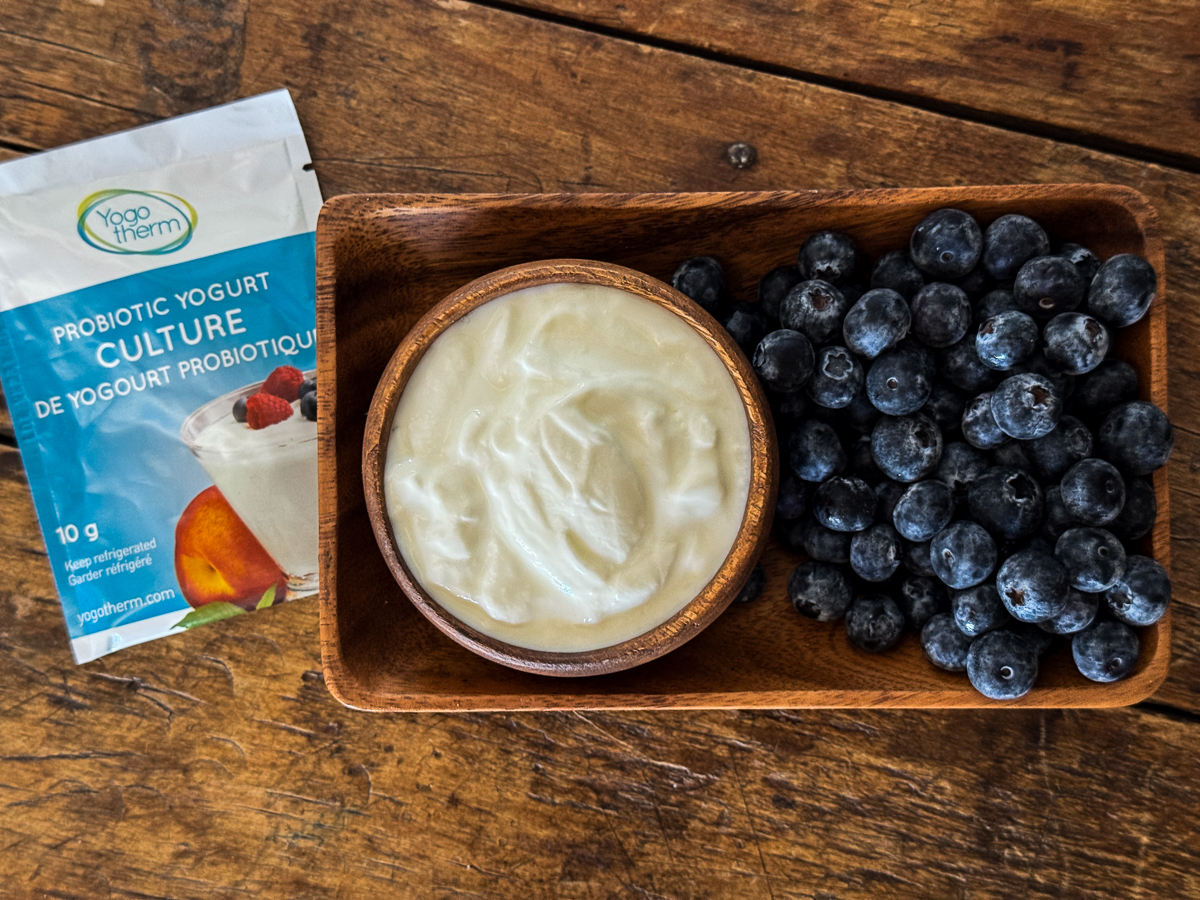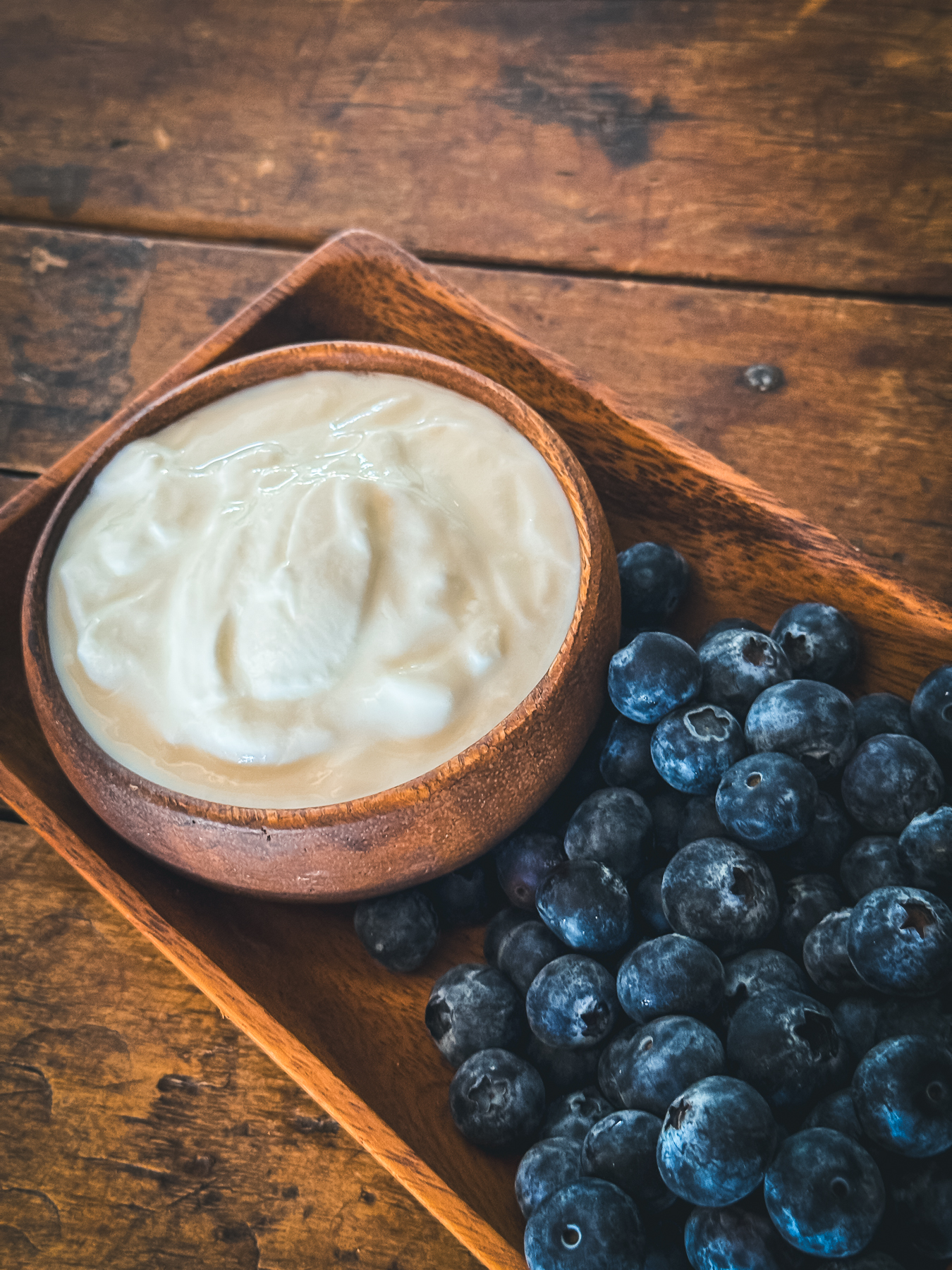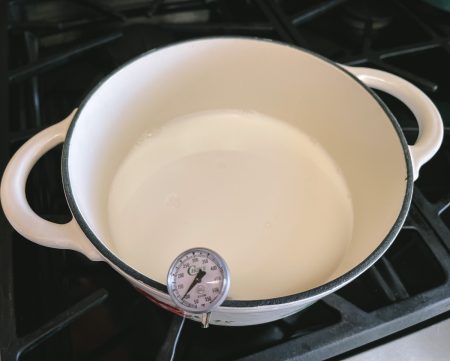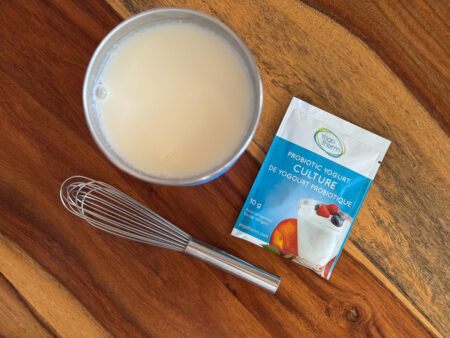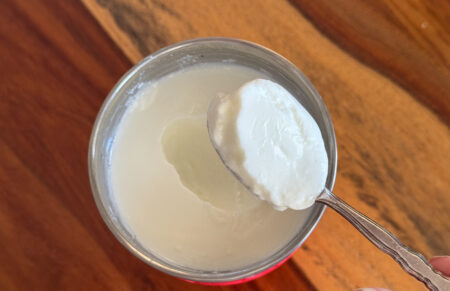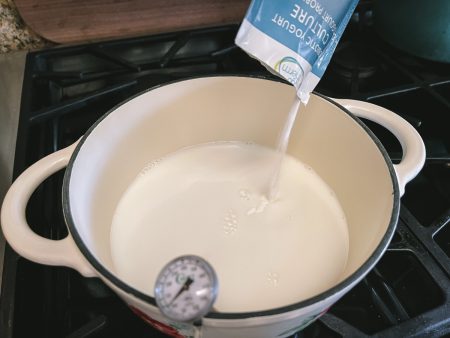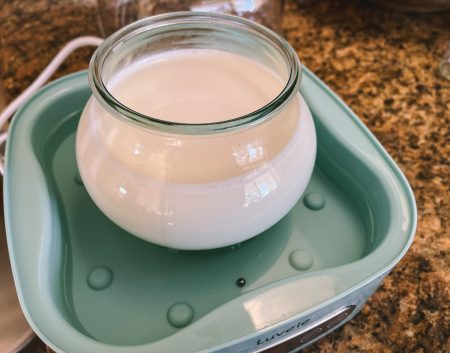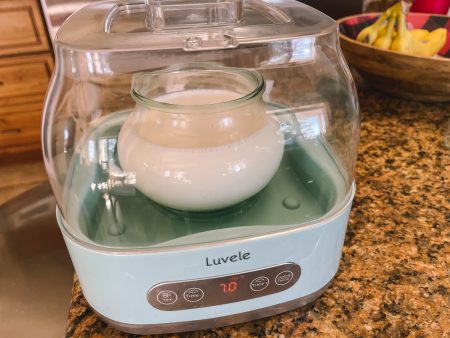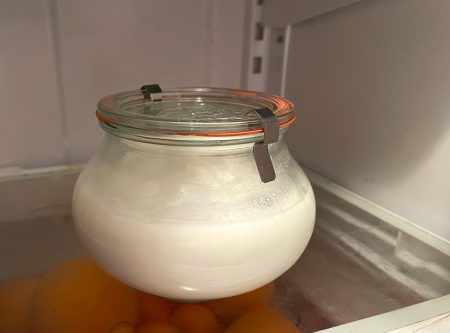Bulgarian Yogurt
One of the most common bacterial cultures used in yogurt around the world is native to Bulgaria and named for the country: Lactobacillus bulgaricus. L. bulgaricus can hinder harmful bacteria and supply the colon with beneficial bacteria which are known to boost immunity and help replenish the healthy bacteria in our bodies and heal the gut.Legend has it that the French king Francis I of France was suffering from a serious case of fatal diarrhea which was leading him to extreme dehydration. His advisors, started him on a special diet consisting of regular consumption of traditional Bulgarian yogurt. And lo and behold – not long after that – the illness was cured. Elie Metchnikoff won a Nobel Prize in 1908 for identifying a link between the digestive system and the immune system. His work demonstrates that by manipulating our intestinal microbiome with friendly bacteria we can enhance our health and boost our immune system's healing power. He also found one of the main reasons people develop illnesses and age faster was due to intestinal auto-intoxication. He also found that the probiotics in the Bulgarian yogurt tend to inhibit the growth of the colon bacteria that stimulate this auto-intoxication. As a result, Bulgarians and people from Russian started, consuming large amounts of traditional yogurt and kefir, and have been found to live longer and healthier lives.
Equipment
Ingredients
- 4 cups Milk – ultra-pasteurized dairy cow milk (skim, 2%, or whole)
- 1 package Bulgarian Yogurt Starter
Every ingredient with a link was selected by me to make it easier for you. I may receive a small affiliate commission if you buy something through my links. Thank you! ❤️
Instructions
 Insulated Mug Instructions
Insulated Mug Instructions
- WARM: If using ultra-pasteurized milk, gently heat milk to 110°F — boiling is not necessary. If using milk that has not been ultra-pasteurized, slowly heat the milk to 212°F (100°C), stirring frequently to prevent scorching. Once heated, remove from heat and allow it to cool to 110°F (43°C) before proceeding.
- INCUBATE: Close the lid, wrap with a towel, blanket, or similar insulation on all sides, including top and bottom. Place in an insulated cooler. If the room temperature is 75°F or above, it is usually fine without the cooler. Incubate for 8-10 hours or up to 24 hours until the texture has thickened.
 Yogurt Maker Instructions
Yogurt Maker Instructions
- If using ultra-pasteurized milk, gently heat milk to 110°F — boiling is not necessary. If using milk that has not been ultra-pasteurized, slowly heat the milk to 212°F (100°C), stirring frequently to prevent scorching. Once heated, remove from heat and allow it to cool to 110°F (43°C) before proceeding.
Re-culturing:
- Instead of adding yogurt culture, add approximately 1 tablespoon of prepared yogurt, per quart of milk.
- Re-culture every 7-10 days to keep the yogurt bacteria healthy and active.
- After multiple rounds of re-culturing, your yogurt may not fully set the milk. At this point, start the whole process over with a fresh yogurt culture.
Notes
OPTIONAL: For a thicker yogurt, after refrigeration, strain the yogurt using a yogurt strainer, cheese cloth, or ultra-fine mesh strainer.


